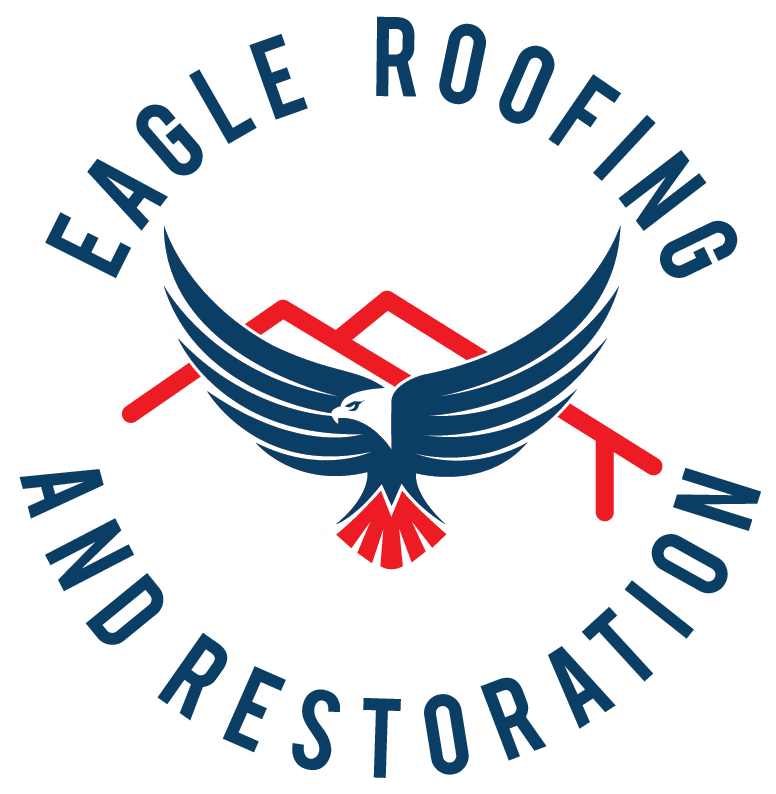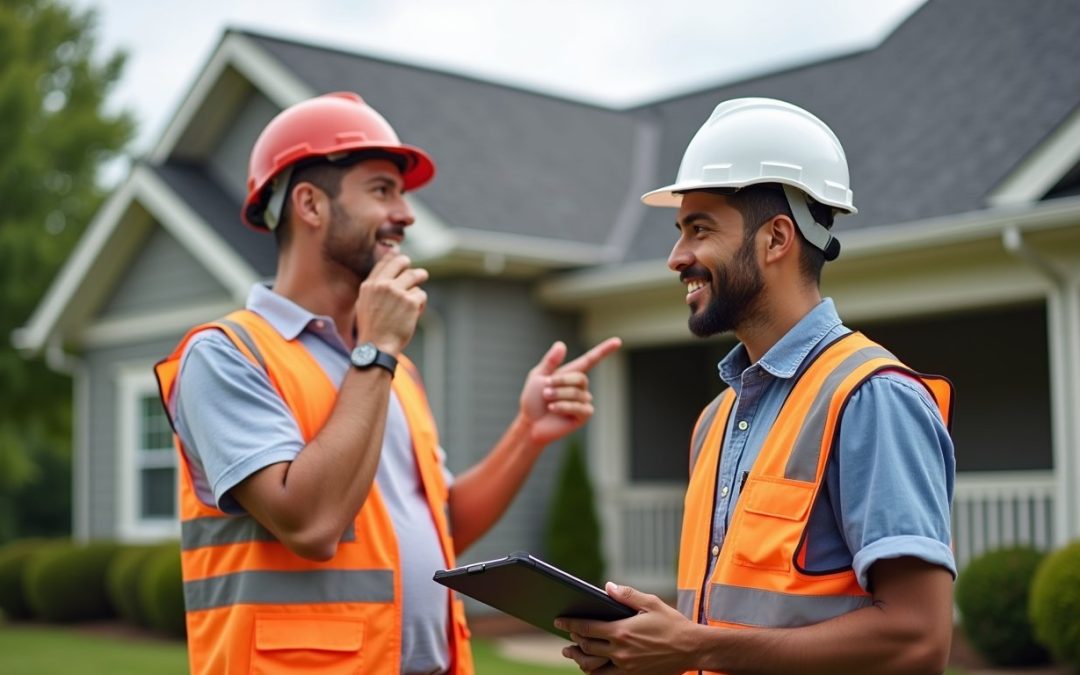You’ll typically pay between $150 and $450 for a professional roof inspection in 2025, with costs varying based on your home’s size and location. Smaller roofs (1,000 sq. ft.) start at $75, while larger ones (3,500 sq. ft.) can reach $735. Your final cost depends on the inspection method chosen physical ($75-$220), drone ($150-$400), or infrared ($400-$600). Several key factors can influence your specific pricing, from regional variations to roof complexity.
Average Roof Inspection Costs Nationwide
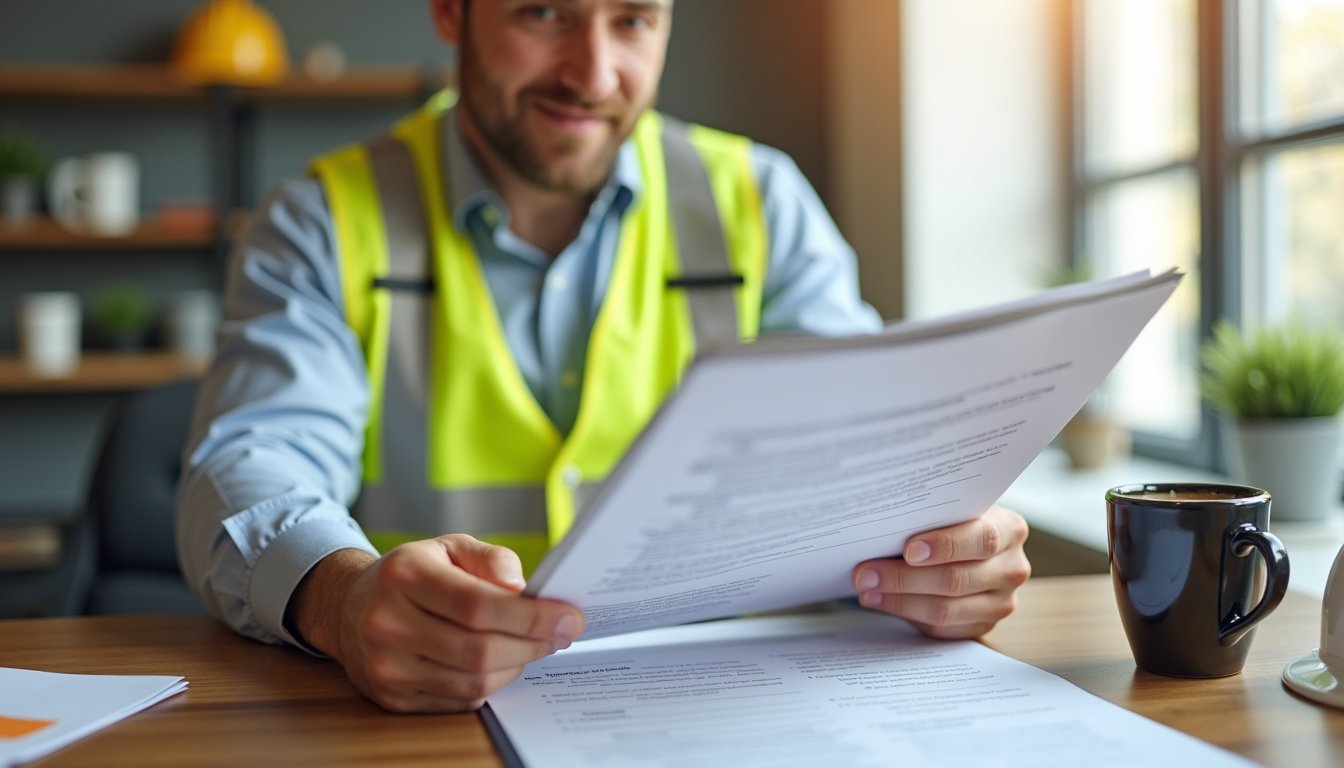 When considering a professional roof inspection in 2025, you’ll typically pay between $150 and $450 nationwide, though costs vary drastically based on your roof’s size and inspection method. The average costs to expect depend primarily on your home’s square footage, with smaller roofs around 1,000 sq. ft. costing $75-$210, while larger 3,500 sq. ft. roofs can run $265-$735.
When considering a professional roof inspection in 2025, you’ll typically pay between $150 and $450 nationwide, though costs vary drastically based on your roof’s size and inspection method. The average costs to expect depend primarily on your home’s square footage, with smaller roofs around 1,000 sq. ft. costing $75-$210, while larger 3,500 sq. ft. roofs can run $265-$735.
Your roof inspection costs will also vary by region, with Eastern Seaboard inspections averaging $170-$370, while West Coast prices range from $250-$1,200. The cost of inspection methods differs enormously too physical inspections start at $75, drone inspections begin at $150, and infrared scanning costs from $400. To maintain your roof’s integrity, you’ll need to budget for 2-3 professional inspections annually.
Types of Professional Roof Inspections
When choosing a professional roof inspection, you’ll encounter three main approaches: traditional physical inspections, drone-based assessments, and infrared scanning methods. Physical inspections involve direct examination of your roof’s surfaces and structures, while drone technology offers enhanced aerial views and photo documentation without requiring ladder access. Infrared detection takes inspection capabilities further by revealing hidden moisture damage and insulation issues that aren’t visible to the naked eye.
Physical Inspection Basics
The physical inspection stands as the most fundamental approach to professional roof evaluations, typically costing between $86 and $253. During this basic yet essential service, you’ll receive an exhaustive assessment of your roof’s condition without the need for advanced technology.
When you opt for physical roof inspection services, a professional will examine both exterior and interior components of your roofing system. They’ll thoroughly check your shingles, gutters, and flashing to identify potential issues. This hands-on approach allows inspectors to directly assess problem areas and provide immediate feedback on your roof’s health.
While physical inspections don’t utilize sophisticated equipment like drones or infrared cameras, they remain a cost-effective solution for homeowners seeking reliable roof assessments. You’ll get a thorough understanding of your roof’s condition without the added expense of specialized technology.
Drone Technology Benefits
As drone technology continues revolutionizing the roofing industry, professional inspectors now offer aerial assessments ranging from $173 to $460. You’ll benefit from exhaustive data collection while eliminating safety risks associated with traditional inspections.
| Drone Inspection Benefits | Key Advantages |
|---|---|
| Safety Enhancement | No physical roof access needed |
| Time Efficiency | Quick completion of large roofs |
| Data Collection | Detailed imagery and infrared scans |
Drone inspections provide you with meticulous documentation of your roof’s condition, capturing potential issues that aren’t visible from ground level. You’ll receive detailed reports featuring high-resolution images and precise measurements, helping you make informed decisions about repairs or replacements. This modern approach particularly benefits complex roofing systems where traditional inspections might prove challenging or dangerous, offering a cost-effective solution for maintaining your roof’s integrity.
Infrared Detection Methods
Professional infrared roof inspections leverage advanced thermal imaging technology to detect hidden moisture, insulation gaps, and structural defects that aren’t visible during standard assessments. Through specialized equipment, roofing experts can identify temperature variations across your roof’s surface, pinpointing exact locations of potential problems like water infiltration and air leaks.
While infrared inspections are the most expensive option, ranging from $345 to $690, they provide the most thorough analysis of your roof’s condition. The thermal imaging cameras used by certified professionals capture detailed temperature maps that reveal subtle differences, allowing for precise diagnosis and targeted repairs. If you’re concerned about hidden roof damage or want to prevent costly future repairs, this advanced detection method offers the most extensive examination of your roofing system’s integrity.
Cost Factors That Impact Inspection Pricing
Several key factors influence the final cost of your roof inspection, making it essential to understand what drives pricing before scheduling an assessment. The roof size directly impacts your total cost, as larger surfaces require more time and materials to inspect thoroughly. Your roof’s slope and accessibility also play pivotal roles steeper pitches and hard-to-reach areas demand specialized safety equipment and additional labor time.
The type of inspection you choose affects pricing substantially. Physical inspections typically cost less than drone surveys, while infrared detection methods command premium rates due to specialized equipment. You’ll also find that your location matters, as regional labor rates and market conditions vary. Additionally, complex roofing systems with specialized materials often require expert knowledge, which can increase your inspection costs.
Regional Price Variations Across the United States
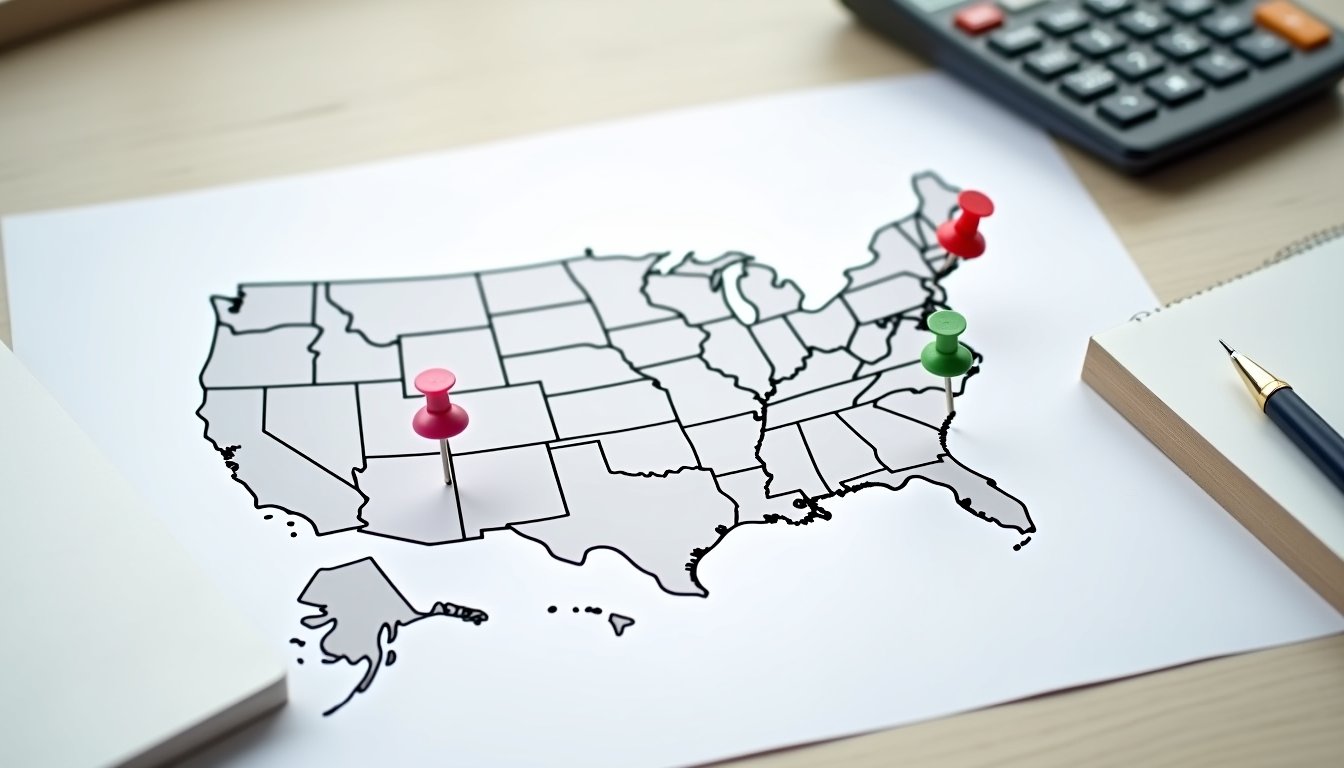
Geographic location greatly influences what you’ll pay for a roof inspection across the United States. The West Coast leads with the highest roof inspection costs, ranging from $250 to $1,200, while the Pacific Northwest follows closely at $220 to $420.
You’ll find more moderate pricing along the Eastern Seaboard, where inspections typically cost between $170 and $370. The Southeast offers more affordable rates, averaging $190 to $200. The Southwest presents the most budget-friendly options, with costs from $130 to $160.
These regional price variations stem from several factors, including local labor costs, climate conditions, and material availability in your area. When budgeting for your roof inspection, consider these regional differences to better understand the typical pricing in your location.
Square Footage and Its Effect on Inspection Costs
Your roof’s square footage directly impacts inspection costs, with larger surfaces requiring more time, effort, and detailed examination. Understanding the relationship between roof size and inspection pricing can help you budget appropriately for this essential maintenance service.
For a modest 1,000 sq. ft. roof, you’ll typically pay between $75 and $210. As your roof size increases, so do the costs: a 1,700 sq. ft. roof inspection ranges from $125 to $357, while a 2,000 sq. ft. roof will cost $150 to $420. Larger homes with 3,500 sq. ft. roofs can expect to pay $265 to $735 for a thorough inspection. These price variations reflect the additional labor and resources needed to properly assess larger roof surfaces.
Comparing Physical, Drone, and Infrared Methods
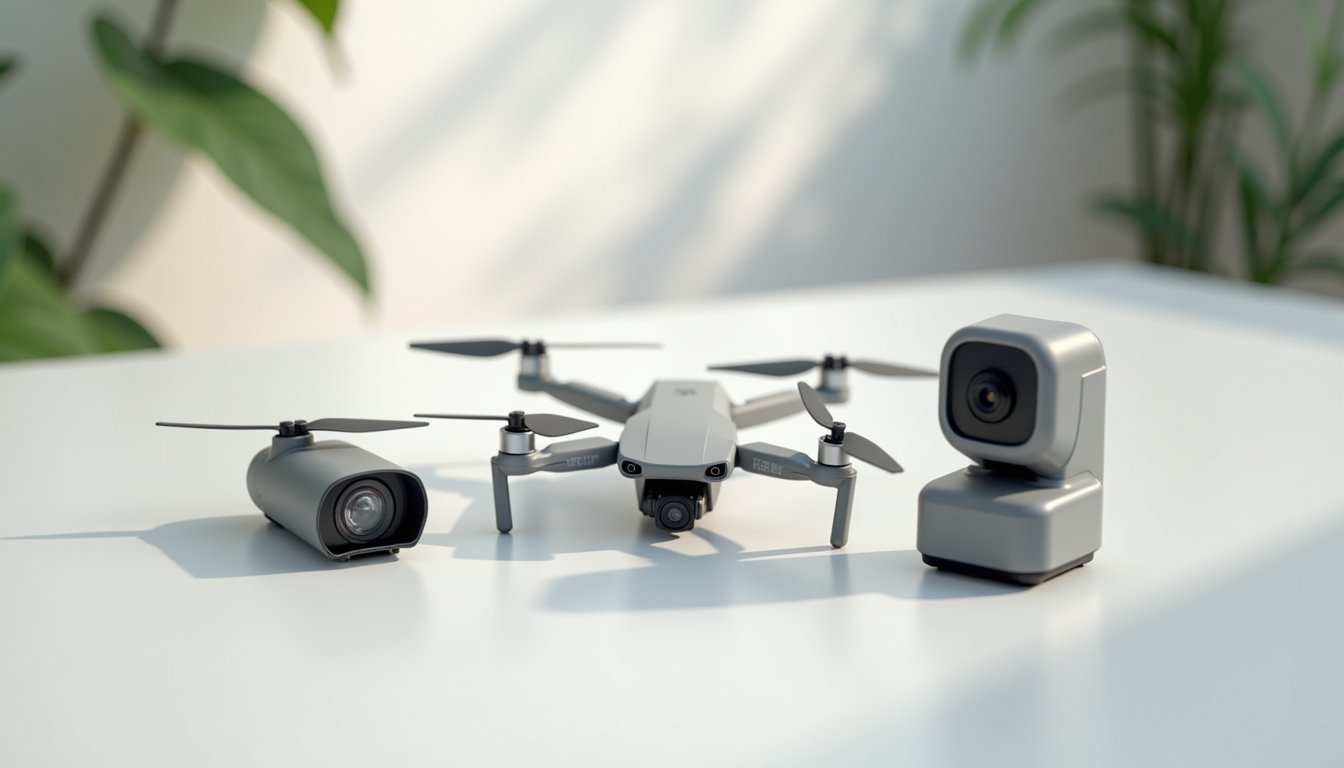
Professional roof inspections utilize three distinct methods, each offering unique advantages and price points. When you’re choosing an inspection type, you’ll need to take into account your roof size and specific requirements.
Physical inspections range from $75-$220 and provide direct visual assessment of your roof’s exterior and interior surfaces. If you’ve got a hard-to-access roof, drone inspections at $150-$400 offer all-encompassing aerial photography without requiring inspectors to climb onto challenging surfaces.
For detecting hidden moisture issues, infrared inspections are your most thorough option. Though they’re the most expensive at $400-$600, these specialized scans can identify potential leaks before they cause visible damage. Your roof’s slope and accessibility will influence the final cost, so ponder these factors when selecting the most appropriate inspection method.
Additional Services and Their Associated Costs
While standard roof inspections cover basic assessments, many homeowners opt for supplementary services to gain a more thorough understanding of their roof’s condition. Beyond the basic cost to inspect, you’ll find certification services ranging from $75 to $200, which provide detailed estimates of your roof’s remaining lifespan.
If your home has a complex roof design or accessibility challenges, expect additional fees between $58 and $86. While some roofing contractors offer free professional roof inspections, it is essential to review any conditions attached to these offers. Even if you’re planning DIY repairs, investing in a professional roof inspection can protect your warranty coverage. When important issues are discovered, repair costs can vary greatly, ranging from $575 for minor fixes to $11,500 for extensive damage.
Professional vs. DIY Inspection Considerations
While you can conduct basic roof assessments from ground level, attempting to climb onto your roof for a DIY inspection puts you at risk and may invalidate your insurance coverage. A professional roof inspector brings safety equipment, expertise, and proper certification that’ll satisfy both your insurance company and warranty requirements. When you factor in potential medical costs from accidents and the long-term savings from early problem detection, professional inspections prove more cost-effective than DIY attempts, especially for complex roofing systems like metal installations.
Safety and Risk Factors
Before you climb onto your roof with a ladder and checklist in hand, it’s essential to understand the significant safety risks involved in DIY roof inspections. Falls from heights can lead to severe injuries, and without proper safety equipment, you’re putting yourself in unnecessary danger.
Professional roof inspectors undergo specialized training and use appropriate safety gear to minimize risks while conducting thorough assessments. Consider these critical safety factors:
- Professional inspectors carry liability insurance and workers’ compensation, protecting you from potential legal issues
- They’re equipped with proper fall protection systems and specialized tools for secure roof access
- They can identify structural weaknesses that might not be visible to untrained eyes, preventing accidents
The risk of missing important problems or sustaining injuries makes DIY inspections a potentially costly choice, both financially and physically.
Cost-Benefit Analysis
The financial implications of choosing between professional and DIY roof inspections extend far beyond the initial cost savings. While you’ll save $150-$600 upfront with a DIY approach, the potential costs of missing critical issues can far outweigh this modest investment.
Professional roof inspection costs are justified when you consider that regular inspections help maintain warranty coverage and prevent expensive repairs. Your insurance provider likely won’t accept DIY inspections for claims, which could leave you financially vulnerable. A cost-benefit analysis reveals that professional inspections, despite their upfront expense, typically deliver better long-term value through early problem detection and documentation. When evaluating free contractor inspections, remember to factor in potential hidden costs and obligations that might offset any apparent savings. The key is balancing immediate expenses against long-term roof protection and reliability.
Insurance Coverage Implications
Since insurance providers prioritize professional documentation, DIY roof inspections can seriously compromise your ability to file successful claims. You’ll need detailed documentation from a certified inspector to maintain your insurance coverage and guarantee successful claims processing.
- Professional roof inspections provide thorough reports that insurance companies readily accept
- You’ll receive documented evidence of your roof’s condition that supports future damage claims
- Professional assessments identify potential issues that could affect your coverage eligibility
Before relying on a DIY inspection, check your insurance policy requirements carefully. Many providers specifically mandate professional roof inspections for coverage validation. While the upfront cost of a professional inspection might seem high, it’s typically less expensive than dealing with denied claims or coverage cancellation due to inadequate documentation. Investing in professional assessment protects both your home and your insurance standing.
Money-Saving Tips for Roof Inspections
Savvy homeowners regularly find ways to minimize roof inspection costs while maintaining their home’s structural integrity. You’ll maximize savings by bundling your roof inspection with necessary repairs, as many contractors offer package deals. Take advantage of companies that provide free roof inspections, but thoroughly vet their credentials and reviews first.
To reduce the cost of roof inspection over time, perform basic visual assessments from ground level using binoculars. Look for obvious signs of damage, but don’t attempt to climb onto the roof yourself if you’re unsure about its stability. Regular roof inspections are vital for maintaining your warranty and preventing expensive repairs later. Schedule annual professional inspections and combine them with routine maintenance to protect your investment and extend your roof’s lifespan.
When to Schedule Your Next Inspection
Knowing when to schedule your next roof inspection can help you maintain those cost-saving benefits while protecting your home. For regular maintenance, plan two inspections annually one in spring and another in fall.
- Schedule an immediate inspect after severe weather events like hailstorms, high winds, or heavy snow accumulation
- Book an inspection before starting home renovations or additions to verify your roof can handle the changes
- Get your roof checked if it’s over 10 years old or before listing your home for sale
Following these timing guidelines gives you peace of mind and helps prevent costly repairs. Professional inspections catch minor issues before they become major problems, and staying proactive with your inspection schedule is key to maximizing your roof’s lifespan and maintaining your home’s value.
Frequently Asked Questions
How Much Does a Roof Inspection Cost in the US?
You’ll typically pay between $125 and $361 for a professional roof inspection in the US, with $238 being the average cost. Your final price depends on your inspection method choice: physical inspections run $75-$200, while drone and infrared options cost more. When scheduling inspections, consider bundling them with roof maintenance plans to save money. These inspections are essential for accurate roof repair costs and roof replacement estimates down the line.
How Much Does It Cost to Get a Roof Inspector Certified?
You’ll need to invest between $75 to $200 for your roof inspector certification cost, depending on your location and the certifying organization you choose. To meet roof inspector requirements, you’ll need to complete a roof inspector training program and pass an examination. While it’s typically a one-time fee, you should factor in potential continuing education costs to maintain your certification. Some states mandate specific certifications, so check your local regulations.
Are Roof Inspections Worth It?
Yes, roof inspections are definitely worth it. You’ll get a clear understanding of your roof’s condition through professional evaluation, which helps protect your home investment. By identifying potential issues early, you’ll save money on costly repairs that could develop from undetected problems. They’re essential for analyzing home value, determining roof condition, and maintaining your property’s integrity. Regular inspections can extend your roof’s lifespan and prevent unexpected structural complications.
How Much Does It Cost to Check a Roof?
You’ll typically pay between $150 to $400 for a professional roof inspection, though costs can vary based on your roof’s size and complexity. Common roof inspection methods include visual assessments from the ground, drone surveys, and physical walk-throughs to check for signs of roof damage like missing shingles, water stains, or sagging. While DIY inspections are possible, the importance of professional inspection lies in their expertise to spot early problems and provide detailed repair recommendations.
